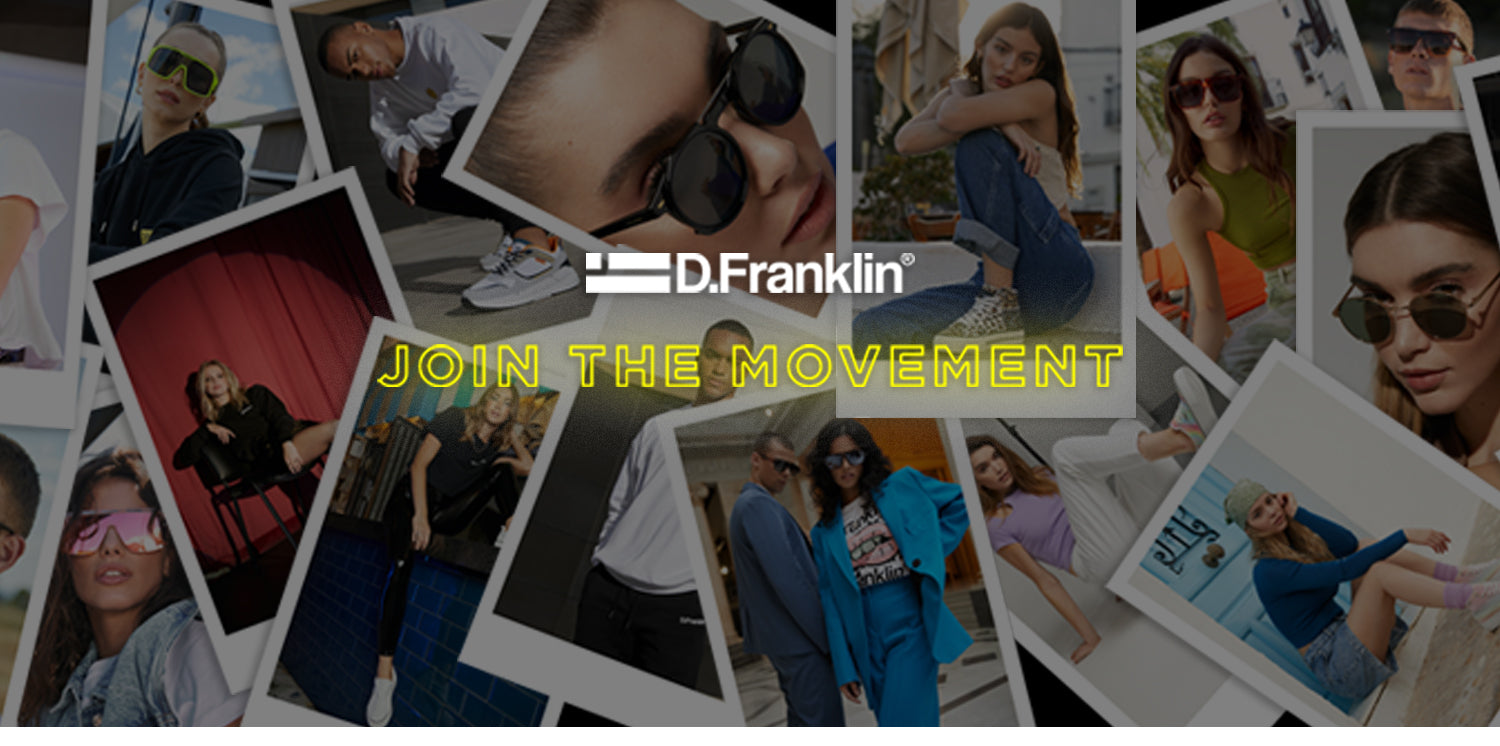Sunglasses and Health, More Than Just an Accessory
Wearing sunglasses may seem like just a style choice, but behind that action lies something much more important: well-being and eye health.
Just like the skin, the eyes need protection from harmful sun rays, but just like with sunscreen, not all sunglasses protect the eyes.
In this article, we’ll tell you everything you need to know about the relationship between sunglasses and health, so you don't unknowingly risk your eyesight.
Solar Radiation Damages the Eyes
Sunlight contains ultraviolet (UV) rays, which are invisible but have very real harmful effects.
Just like the skin, the damage is cumulative and it may take time to notice, but once it occurs, it is irreversible.
Over time, constant exposure to UV radiation can cause problems such as:
- Corneal burns or actinic keratitis.
- Premature cataracts.
- Macular degeneration.
- Pterygium, which is an abnormal growth on the white part of the eye.
By wearing sunglasses with the right protection, these problems can be prevented and long-term eye health can be preserved.

The Key Is UV Protection
For sunglasses to truly protect the eyes, the filters built into the lenses must ensure 100% blocking of UVA and UVB rays.
The “UV400” label is an indicator that the glasses have filters in the lenses and block all ultraviolet radiation up to 400 nanometers, which is the maximum level of protection.
If the glasses don’t have this label or mark on the product, it’s best not to trust them because sunglasses without UV protection can cause more harm than not wearing glasses, dilating the pupils and allowing more radiation to enter the eye.
Sunscreen Filter Has Nothing to Do with Color
Whether the lenses are very dark or very light doesn’t affect protection, in fact, there are glasses with colored and gradient lenses, and even transparent ones, that offer maximum protection.
What really matters is the treatment applied to the lens, not the tint. That’s why it’s essential to choose quality sunglasses, with certifications and guarantees.
Wearing approved sunglasses from an early age is a simple and effective way to prevent future problems.
In addition to protecting against UV rays, sunglasses also help to:
- Reduce glare, which improves vision in very bright environments.
- Decrease eye fatigue, especially when driving or being exposed to the sun for hours.
- Prevent premature aging of the skin around the eyes.
- Protect from environmental factors such as wind, dust, or insects.
These benefits make sunglasses useful even on cloudy or winter days, when UV rays are still present even if not visible.
How to Choose Sunglasses That Protect Your Health
When choosing sunglasses, there are several key points to consider:
- UV400 protection certificate: the most important.
- CE marking: indicates that the product complies with European regulations.
- Distortion-free lenses: they should provide clear and natural vision.
- Comfort: they should fit well on the face and not cause discomfort.
- Resistant and lightweight materials: both in the frame and the lenses.
If they are polarized, you’ll have extra comfort by reducing annoying reflections, which is very useful for driving or being near water or snow.
Today, you don't have to sacrifice style to protect your eyes with the best protection. At D.Franklin, all collections are designed to offer fashion with meaning and UV400 protection.
Thus, you can express your personality with the model you like the most, without compromising your eye health.
Wearing sunglasses is not just a matter of aesthetics, it’s a way to care for your eyes’ health every day.
Choosing the right sunglasses, with UV400 protection and proven quality, is as important as wearing the most modern styles that best suit your face shape and skin tone.
At D.Franklin, we understand that solar protection is as important to you as sophisticated and functional design, which is why we offer a wide collection of different sunglass models.




